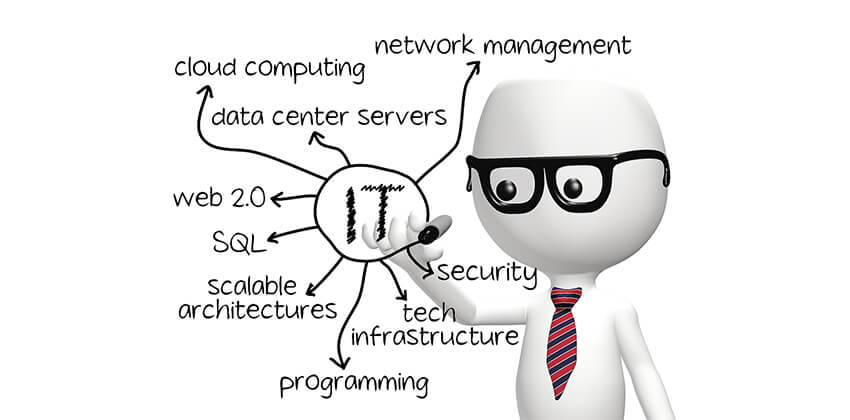
As graduation approaches, grads are thinking about the future.
I well understand the great challenges facing graduates.
And, I also know that commitment and persistence pay off.
The current situation means that graduates must dramatically expand options for consideration. “Thinking outside the box” is more than a cliché, it is – for many – an imperative.
Despite the times there are opportunities and graduates must be prepared. Except for a limited number of high-demand, highly-specialized fields, jobs are extremely competitive and recruiters are looking for qualities that go well beyond grade point average.
Recruiters understand that most entry-level hires last on average two years or, in many cases, much less.
One big reason for the short term of employment in that entry-level job is graduating students generally do not understand, nor even think about, all the factors that contribute to success in an organization.
So, some real forethought about the work itself, organization focus, and career growth plans can be helpful.
The Right Career or First Job
Finding the right job or career requires preparation, diligence and a tool kit of resources that are up-to-date and well-prepared for the recruiter, HR manager, or hiring manager.
The students and new graduates need to think carefully about the type of company with which the graduate wants to be associated. In general, that means a set of tools, and an organization that will provide a learning environment for professional growth.
It also means an environment that will enable the graduate to develop “Emotional Intelligence”, those soft skills that demonstrate commitment, energy, social skills in a creative environment, trust building, organizational awareness and other factors.
The Portfolio as a Job Search Tool
The resume and cover letter represent the first line of communication, but there are other tools that should be considered.
One way to do that is with a portfolio, a logically organized collection of records that reflect your accomplishments, skills, and attributes. A portfolio provides a comprehensive record of accomplishments and adds credibility to the job search.
When you create the portfolio, you have to take a very hard look at yourself, analyze what you have done, and pull out all your accomplishments and attributes.
A carefully thought out portfolio can exhibit examples of leadership, motivation, organizational skills, communications skills, competitiveness and other qualities highly prized in a professional context.
Many people never take the time to thoroughly examine themselves, but knowing who you are, and what you want in your professional life can help you establish and achieve goals. In fact, you can learn a lot about yourself going through the exercise of gathering all the artifacts and information for the portfolio.
Look for Internships
Unfortunately, paid internships are relatively rare, and most students find the unpaid kind.
Despite the economics, an internship can be extremely important for three reasons:
- An internship should be related to career goals. In this way the taste of the “real world” will enable you to make a more realistic appraisal of career goals.
- It provides a venue for real world experience beyond the specific discipline, especially if the internship enables a broad view of an operation. While the work itself will not be very romantic, the opportunity to meet and communicate with those actually responsible can be extremely helpful.
- An internship can help build contacts that can be enormously helpful in both your job search and your career. These contacts are the beginning of a professional network, an indispensable technique for career growth. Good networking is a critical success factor as students will learn. Most jobs are not advertised, and the best opportunities are often uncovered through contact with other professionals.
Basic Career and Job Search Research
Armed with job goals and a set of tools to pursue those jobs, the student should consider serious research on possible opportunities.
Research information takes two forms:
-
The location —
Learn all you can about the likely geography for the best opportunities in your field, the salary levels, the number of opportunities (high growth or stable), and other factors.
Fortunately, an enormous amount of information is available over the Internet. In fact, there are web sites where current and former employees often talk about their job experiences at specific firms.
Whenever possible, seek out contacts, and ask the hard questions about any targets for employment.
Once the overall market picture is clear, serious research on specific opportunities is essential.
-
The employer —
No student should ever take an interview without thoroughly researching a firm.
You may find the job of a lifetime, but it could be in a company totally unsuited for your personality, work style and future ambitions.
It may make excellent sense to take a lower paying job with a firm that has great potential for growth. Most of all, look for the type of learning environment so essential for getting a good start on a career path.
Bottom Line
Remember, recruiters and hiring managers are highly selective. They want the best, which for most college graduates means high capabilities in those soft skills to go along with the technical skills acquired in formal schooling. They devote a large amount of time and care looking for you. You should be equally cautious, but well-armed to impress.
About the author…
Judit Price CDFI, CCM, IJCTC, CPRW has an M.S. in Counseling and is a certified career guidance counselor in Massachusetts and New Hampshire. She counsels college students and adults regarding career and college options. Judit was the biweekly career and employment related column for The Lowell Sun newspaper. She also authored and published Your Career and Life Plan Portfolio, a workbook for adults and college students.
Don't forget to share this article with friends!




